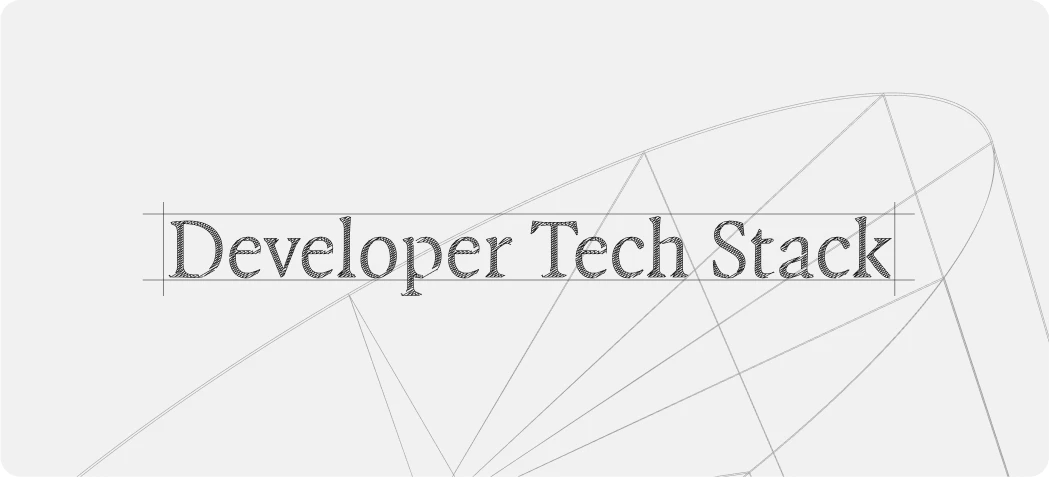
Ryan Daws is a senior editor at TechForge Media with over a decade of experience in crafting compelling narratives and making complex topics accessible. His articles and interviews with industry leaders have earned him recognition as a key influencer by organisations like Onalytica. Under his leadership, publications have been praised by analyst firms such as Forrester for their excellence and performance. Connect with him on X (@gadget_ry) or Mastodon (@gadgetry@techhub.social)
A judge has dismissed the majority of claims in a copyright lawsuit filed by developers against GitHub, Microsoft, and OpenAI.
The lawsuit was initiated by a group of developers in 2022 and originally made 22 claims against the companies, alleging copyright violations related to the AI-powered GitHub Copilot coding assistant.
Judge Jon Tigar’s ruling, unsealed last week, leaves only two claims standing: one accusing the companies of an open-source license violation and another alleging breach of contract. This decision marks a substantial setback for the developers who argued that GitHub Copilot, which uses OpenAI’s technology and is owned by Microsoft, unlawfully trained on their work.
The court’s dismissal primarily focused on the accusation that GitHub Copilot violates the Digital Millennium Copyright Act (DMCA) by suggesting code without proper attribution. An amended version of the complaint had taken issue with GitHub’s duplication detection filter, which allows users to “detect and suppress” Copilot suggestions matching public code on GitHub.
The developers argued that turning off this filter would “receive identical code” and cited a study showing how AI models can “memorise” and reproduce parts of their training data, potentially including copyrighted code.
However, Judge Tigar found these arguments unconvincing. He determined that the code allegedly copied by GitHub was not sufficiently similar to the developers’ original work. The judge also noted that the cited study itself mentions that GitHub Copilot “rarely emits memorised code in benign situations.”
As a result, Judge Tigar dismissed this allegation with prejudice, meaning the developers cannot refile the claim. Additionally, the court dismissed requests for punitive damages and monetary relief in the form of unjust enrichment.
Despite this significant ruling, the legal battle is not over. The remaining claims regarding breach of contract and open-source license violations are likely to continue through litigation.
This case highlights the ongoing challenges and legal complexities surrounding AI-powered coding assistants and their use of existing codebases for training.
(Photo by Roman Synkevych)
See also: Sam Altman’s blockchain project ‘World Chain’ opens to developers

Looking to revamp your digital transformation strategy? Learn more about Digital Transformation Week taking place in Amsterdam, California, and London. The comprehensive event is co-located with AI & Big Data Expo, Cyber Security & Cloud Expo, and other leading events.
Explore other upcoming enterprise technology events and webinars powered by TechForge here.
Tags: AI, artificial intelligence, coding, copilot, copyright, Developers, github, microsoft, openai, programming
.png)
 5 months ago
65
5 months ago
65

 (2).png)

/cdn.vox-cdn.com/uploads/chorus_asset/file/25515570/minesweeper_netflix_screenshot.jpg)




 English (US) ·
English (US) ·